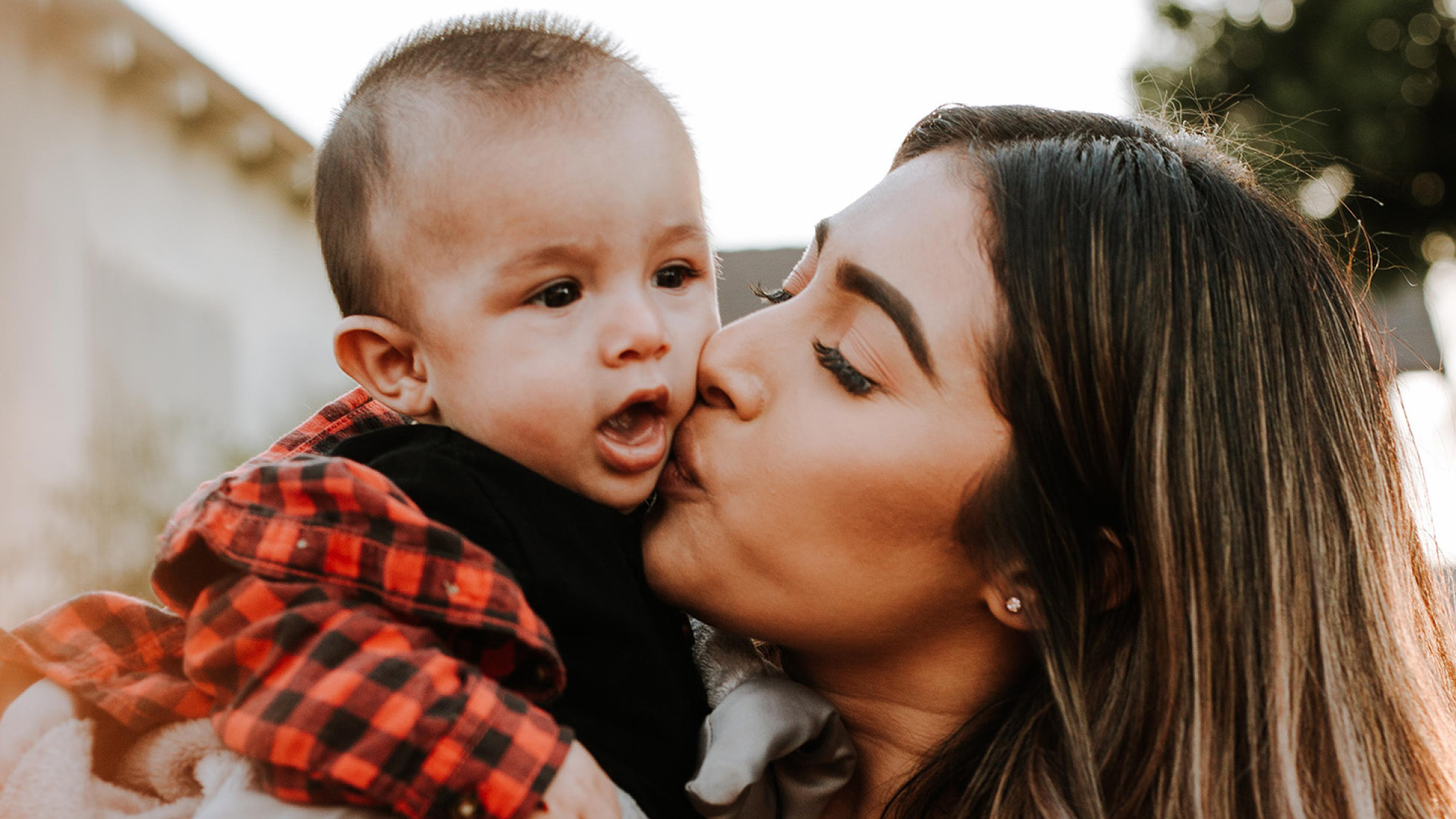Cynthia Lebron, an assistant professor in the public health program at SONHS and current president of the American Public Health Association’s Latino Caucus for Public Health, has been studying racial and ethnic health disparities for a decade, and notes that weight-based inequity begins early in life. “Hispanic children have a higher prevalence of behaviors and determinants that put them at a high risk of obesity, including suboptimal breastfeeding, early introduction of solid foods, and poor infant sleep quality and duration,” she says.
“Preventing obesity as early as possible is critical.”
In fact, while nearly 14 percent of U.S. children are obese, Hispanic 2 to 5 year olds have a 16.7 percent prevalence rate for obesity compared with non-Hispanic Black (12.4 percent), white (9.3 percent), or Asian (9.1 percent) children. Children who begin life overweight are at least five times more likely to become overweight or obese adults, adds Dr. Lebron. “Once established, obesity and its comorbid medical conditions, many of which disproportionally affect Hispanics, are difficult to treat and usually persist throughout adulthood,” she explains. “Thus, preventing its development as early as possible in life is critical to reduce health care costs associated with obesity related chronic diseases such as type 2 diabetes and cardiovascular disease.”
Dr. Lebron is principal investigator on a newly announced Mentored Research Scientist Career Development Award from the National Institutes of Health’s National Heart, Lung, and Blood Institute (NHLBI). To advance the science of early childhood obesity prevention, she will develop, test, refine, and pilot Caring for Beb.: Early Childhood Obesity Prevention Intervention for Hispanic Families. Her novel study addresses two critical gaps in the literature: obesity prevention for children younger than 5 years and minority health.
Despite evidence suggesting that successful obesity prevention interventions take place in infancy/early childhood and are family-based, few studies meet those criteria and even fewer target at-risk minorities, much less Hispanic mothers. Lebron’s bilingual, multigenerational intervention will harness the power of social media and entertainment education such as video content to promote health behaviors among 50 pairs of first-time pregnant Hispanic women and their mothers. Study participants will be randomly assigned to either the 12-week Caring for Beb. intervention or the control condition of “care as usual” and followed for 6 months. Changes in mother and grandmother health and social support will be assessed secondarily, as will sociodemographic information, health history, measures of breastfeeding self-efficacy, and acculturation.
In addition to feasibility and acceptability measures, the research team will calculate Caring for Beb.’s preliminary effect estimates to inform a subsequent R01 trial. The NHLBI states that K01 awards like this one are reserved for “highly innovative research in humans.” “There is plenty of evidence for parental influences on their children’s eating behaviors, but minimal research examining feeding practices in Hispanic families, including socioeconomic, cultural, and acculturation influences,” says Dr. Lebron, whose Ph.D. degree is in prevention science and community health. “Our data and findings on three generations of Hispanic families—grandmother, mother, and infant—will inform evidence-based pregnancy and early life obesity prevention interventions, and advise actionable recommendations for pediatric and family clinical care delivered to diverse families.

